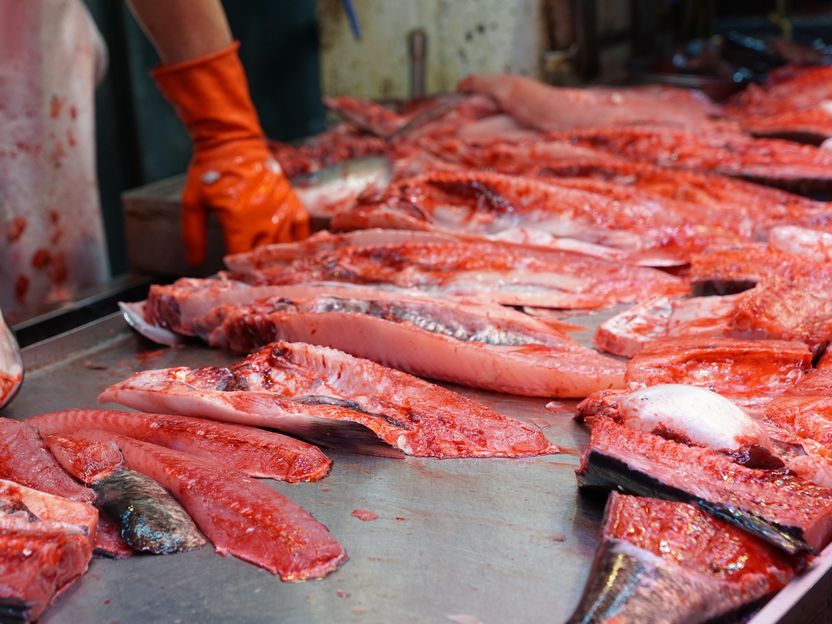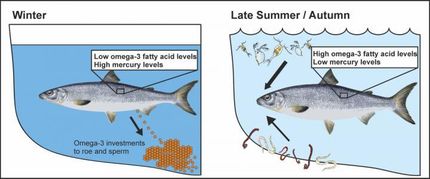Alternative meats are not suppressing reliance on grazing animal sources
Examination of global data by a University of Oregon sociologist finds new meat sources drive additional consumption and continued environmentally costly production
Advertisement
The addition of meat alternatives such as poultry and fish is not reducing the global production and consumption of energy-gobbling land-based meats, according to new research.

pixabay
That conclusion comes from an analysis of 53 years of international data by University of Oregon sociologist Richard York, who focuses on energy consumption in relationship to economic issues such as power and inequalities, and politics. His findings published April 26 in the journal Nature Sustainability.
"If you have increases in the production of poultry and fish, it doesn't tend to compete with or suppress other meat source consumption," York said. "It would be great if more poultry and fish production and consumption would reduce that of beef, but that doesn't seem to be the case."
In 2012, in a study published in Nature Climate Change, York found that the same human behavior played out when new technologies offered renewable energy sources as alternatives to fossil fuel production; adding new sources doesn't substantially suppress an existing, long-used source.
"They end up not in competition," he said. "Adding more wind doesn't really result in using less coal. If we use more energy sources, we use more energy. Likewise, when additional meat choices are offered, that additional variety tends to, more simply, increase overall meat consumption."
The new study, York said, provides a baseline view of meat consumption during the years of rapid post-World War II industrialization. During this period, especially beginning in the 1960s and 1970s, poultry consumption rose fivefold per capita with a growing population, providing an alternative to beef, mutton and lamb -- land-grazing meat sources that require extensive energy to produce.
He also considered the twofold increase in the consumption and production of sea and freshwater fish, as well as aquatic non-fish foods such as crawfish, clams, mussels and shellfish. Pork also rose twofold in the 1961-2013 study period.
The failure of alternative energy and meat sources to suppress original sources, York said, is known as a displacement paradox.
"Consumer demand does not make that big of difference," York said. "Some people reduce their driving to do their part to reduce the consumption of fossil fuel. That doesn't mean that the oil industry is reducing production. If enough people drive less that makes the price of gas go down. That, in turn, means driving more becomes more desirable to others because fuel costs are lower."
From a policy perspective, he said, there needs to a concerted focus on the supply chains.
"Rather than simply increasing renewable energy production, we need to actively suppress fossil fuel production instead of just giving more options," York said. "With meats, we may need to address the level of subsidies given for meat consumption to realize a desired reduction in meat production."



































































